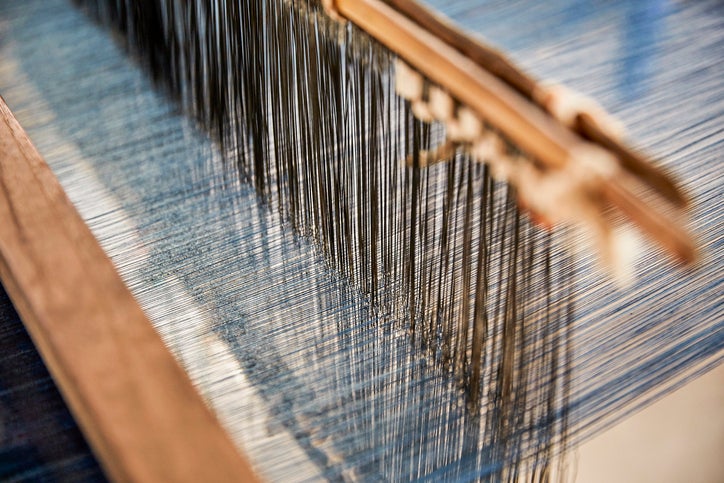
Circ and Acegreen pointed out this strategic partnership follows on from the success they achieved from a recent collection released with Inditex-owned fashion brand, Zara.
The Zara collection included womenswear made with textiles derived from breaking down blends of polyester and cotton into new recycled raw materials.
As part of a shared, long-term commercial vision, Acegreen will continue manufacturing filament lyocell using Circ’s reclaimed cotton derived from polycotton textile waste.
Circ explained that its technological system and integrated industrial process can return clothes to the raw materials from which they are made, preserving the earth’s natural resources.
The process is said to be capable of separating and recovering mixed polymer streams, specifically any blend of polyester and cotton which accounts for most manufactured fabrics.
Circ hopes its solution will substantially reduce the carbon emissions created by the fashion industry.

US Tariffs are shifting - will you react or anticipate?
Don’t let policy changes catch you off guard. Stay proactive with real-time data and expert analysis.
By GlobalDataAccording to non-profit Canopy, the fashion industry is responsible for harvesting 300 million trees annually for the purpose of manufacturing manmade cellulosic fibres (MMCF), including viscose and lyocell, for the textile industry.
Canopy explained that using Circ’s patented process and integrated manufacturing approach and other technologies currently using waste cotton feedstock, it estimates the sector can transition the entire MMCF market off tree pulp “using only 25% of the world’s wasted and discarded cotton and viscose fabrics, thereby saving forests, reducing municipal and industrial waste to landfills, and reducing carbon emissions, energy and water use.”
Peter Majeranowski, Circ’s chief executive officer said: “Acegreen is a strong manufacturing partner that is making the world’s highest quality filament lyocell. With Circ’s recovered cotton, we’ve made the world’s first 50% recycled filament lyocell and released it in consumer products with our brand partners.”
Roger Chou, Acegreen’s chief executive officer added: “The future for manmade cellulosic fibres, like lyocell, is reclaimed cotton in place of tree pulp. Circ has the world’s leading solution for recovering tens of millions of tons of cotton currently going to landfill or incineration because it is trapped in blends with polyester. With Circ’s innovative solutions and Acegreen’s long-standing history of technology research and development, we are looking forward to transforming the market at present and in the future.”
The formal partnership comes after several years of R&D collaboration, which it recently transitioned to commercial-scale production.



